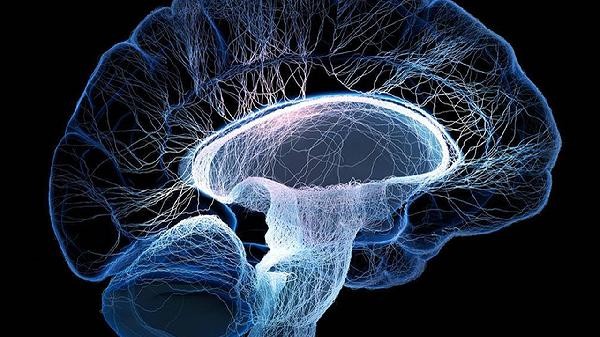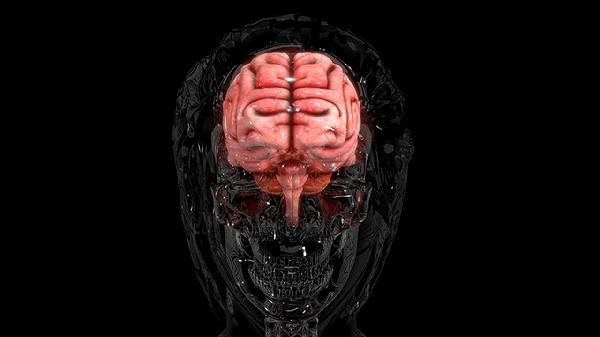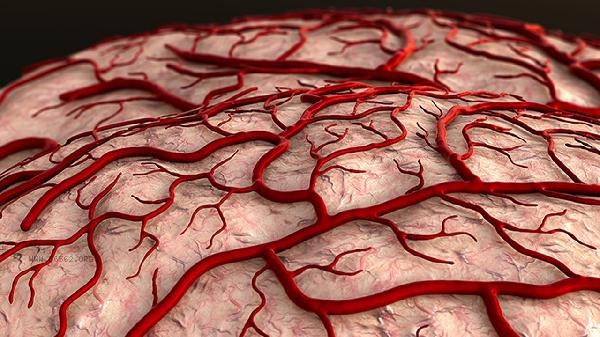The lack of drowsiness in the brain may be related to insomnia, anxiety, hyperthyroidism, and other reasons. It is recommended to undergo multi-channel sleep monitoring, thyroid function testing, psychological assessment, and other examinations. Long term sleep disorders may affect cognitive function and emotional states, and the cause needs to be identified in a timely manner.

1. Multi channel sleep monitoring
Multi channel sleep monitoring is the gold standard for evaluating sleep structure. By recording data such as brainwaves, eye movements, electromyography, etc., it can determine whether there are organic problems such as sleep apnea and periodic limb movement disorders. This examination should be conducted at a professional sleep center and monitoring equipment should be worn throughout the night. If the results show low sleep efficiency or excessive wakefulness, it may indicate primary insomnia or circadian rhythm disorder.
2. Thyroid function test
Abnormal thyroid hormone levels can directly affect central nervous system excitability, and hyperthyroidism patients often experience symptoms such as difficulty falling asleep and shallow sleep. Thyroid stimulating hormone, free thyroxine and other indicators need to be tested. If TSH levels decrease and T3/T4 levels increase, anti thyroid medication treatment should be considered. After the recovery of thyroid function, sleep problems can usually be improved.
3. Psychological Scale Evaluation
uses tools such as Pittsburgh Sleep Quality Index and Self Rating Anxiety Scale to quantitatively assess the degree of sleep disorders and psychological status. Scores exceeding the critical value may indicate comorbidity of anxiety disorders or depression with insomnia. Psychological assessment helps distinguish between physiological insomnia and sleep maintenance difficulties caused by psychological factors.

4. Brain imaging examination
Head MRI or CT can exclude organic lesions such as brain tumors and cerebrovascular diseases. Space occupying lesions in the hypothalamus or brainstem region may directly interfere with the sleep wake regulatory center. For insomnia patients accompanied by headaches and visual abnormalities, imaging examinations have important differential diagnostic value.
5. Melatonin level detection
By detecting the secretion rhythm of melatonin in saliva or blood, it can be determined whether the biological clock is imbalanced. Melatonin secretion delay is common in sleep phase shift syndrome, characterized by nighttime wakefulness and morning sleepiness. Individuals with abnormal test results may consider phototherapy or exogenous melatonin supplementation.

Improving sleep requires establishing a regular schedule, avoiding the use of electronic devices before bedtime, and keeping the bedroom environment dark and quiet. Engage in aerobic exercise appropriately but avoid vigorous activities before bedtime. Reduce caffeine intake in diet and avoid overeating for dinner. If self-regulation is ineffective or accompanied by daytime functional impairment, it is necessary to seek timely medical attention from a neurology or sleep specialist to avoid long-term dependence on sleeping pills. Some traditional Chinese patent medicines and simple preparations, such as Wuling capsule and Tianmeng oral liquid, can regulate mild insomnia to some extent, but they should be used under the guidance of doctors.








Comments (0)
Leave a Comment
No comments yet
Be the first to share your thoughts!